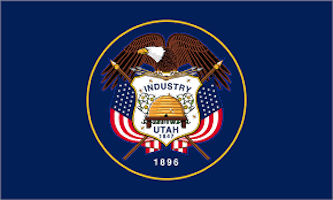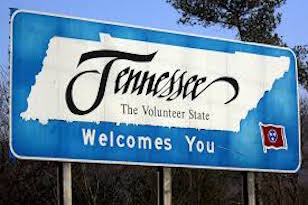Posts by Sean
Vermont Medical Waste Requirements
A look at Vermont medical waste requirements. The state of Vermont governs its medical waste through its Agency of Natural Resources under the Department of Environmental Conservation. Like other states, Vermont considers the following as regulated medical waste: pathological waste, human blood and blood products, cultures and stocks, sharps waste, animal waste, and chemotherapy waste.…
Read MoreThe Basics of Sharps Management, and Why Containers Matter
Sharps waste is classified as biohazardous waste and must be carefully handled, which is why the container you use matters. On-site management of regulated medical waste is a multi-pronged issue, as there are state and federal regulations, all of which cover packaging, disposal, handling, and removal. Medical waste packaging and labeling in a facility that…
Read MoreUtah Medical Waste Requirements
A look at Utah medical waste requirements. Utah medical waste is governed by the state’s Division of Solid and Hazardous Waste under the Solid Waste Management program. Utah is very specific in how it defines and explains what medical waste is; instead of just referring to it simply as medical waste, the state identifies medical…
Read MoreMedical Waste Management Solutions for Flu Season
As people flock to get their yearly flu shots, it’s up to facilities who administer them to employ a compliant and safe sharps disposal plan. While the seasonal flu can fluctuate year round, the CDC states that flu season can begin as early as October and continue into as late as May. With flu season…
Read MoreThe Scariest Medical Waste Mistakes (and How to Avoid Them)
Is your office making these scary (and costly!) medical waste mistakes? Laboratories, hospitals, private practices, dental facilities, and even veterinary offices are all places that produce medical waste, and they are required by federal, state, and even local laws, to create a medical waste removal plan. Despite the abundance of information on proper disposal and…
Read MoreTexas Medical Waste Requirements
A look at Texas medical waste requirements. Texas medical waste is managed by the Texas Commission on Environmental Quality, and it oversees the storage, collection, handling, transportation, and processing of medical waste. The stringent set of rules applies to all persons, whether it’s a generator, manager, or third-party waste hauler that processes, stores, and disposes…
Read MoreTennessee Medical Waste Requirements
A look at Tennessee medical waste requirements. Tennessee medical waste disposal regulations are managed by the Tennessee Department of Environment & Conservation Division of Solid and Hazardous Waste Management. Medical waste is categorized as “Special Waste,” meaning that it is considered a solid waste, but one that is difficult or dangerous to manage and requires…
Read MoreIndustries We Serve: Funeral Homes
Funeral home staff members work with deceased human beings who can harbor a myriad of diseases, which is why this industry is serviced by medical waste haulers. Healthcare facilities like hospitals, dental clinics, nursing homes, and physicians’ offices generate a large amount of daily medical waste. Less talked about producers of medical waste include tattoo…
Read MoreSouth Dakota Medical Waste Requirements
A look at South Dakota medical waste requirements. South Dakota medical waste is regulated by the state’s Department of Environment of Natural Resources. The state follows federal standards in terms of medical waste definitions, and the list of infectious waste generally includes “…any waste generated in the diagnosis, treatment, or immunization of human beings or…
Read MoreSouth Carolina Medical Waste Requirements
A look at South Carolina medical waste requirements. South Carolina medical waste disposal is handled by the South Carolina Department of Health and Environmental Control. The state has implemented an infectious waste program, which regulates generators and transporters of medical waste and covers the state’s 7,000 registered infectious waste generators.
Read MoreICYMI: The Red Bags Monthly Blog Round Up – September Edition
It’s time again to wrap up the latest news in medical waste disposal. In case you missed it, here’s what’s been happening here on the Red Bags blog for September.
Read MoreRhode Island Medical Waste Requirements
A look at Rhode Island medical waste requirements. Rhode Island medical waste disposal regulations are managed by the Rhode Island Department of Environmental Management, Office of Waste Management, and it covers the generation, storage, disposal, and treatment of all medical waste.
Read More










